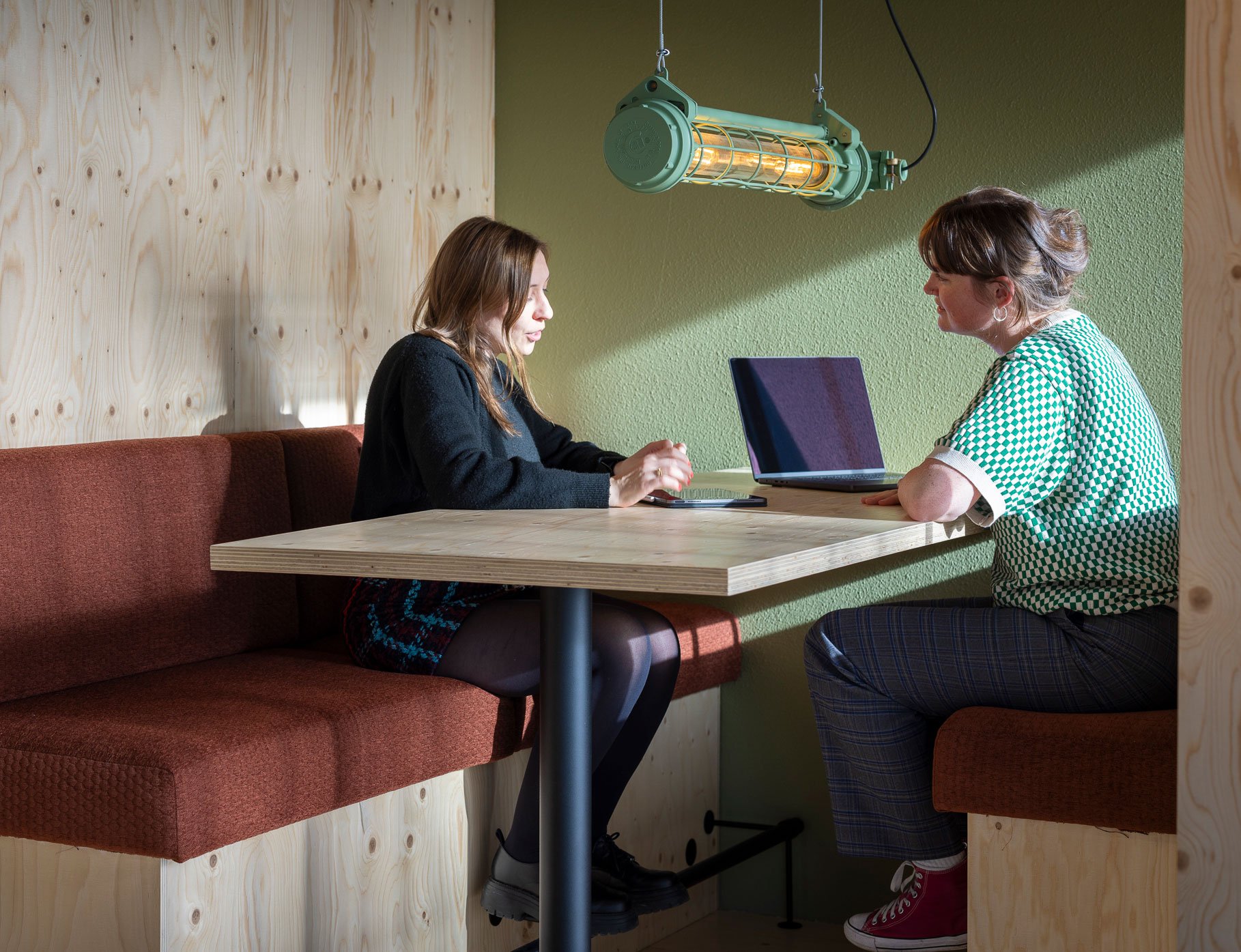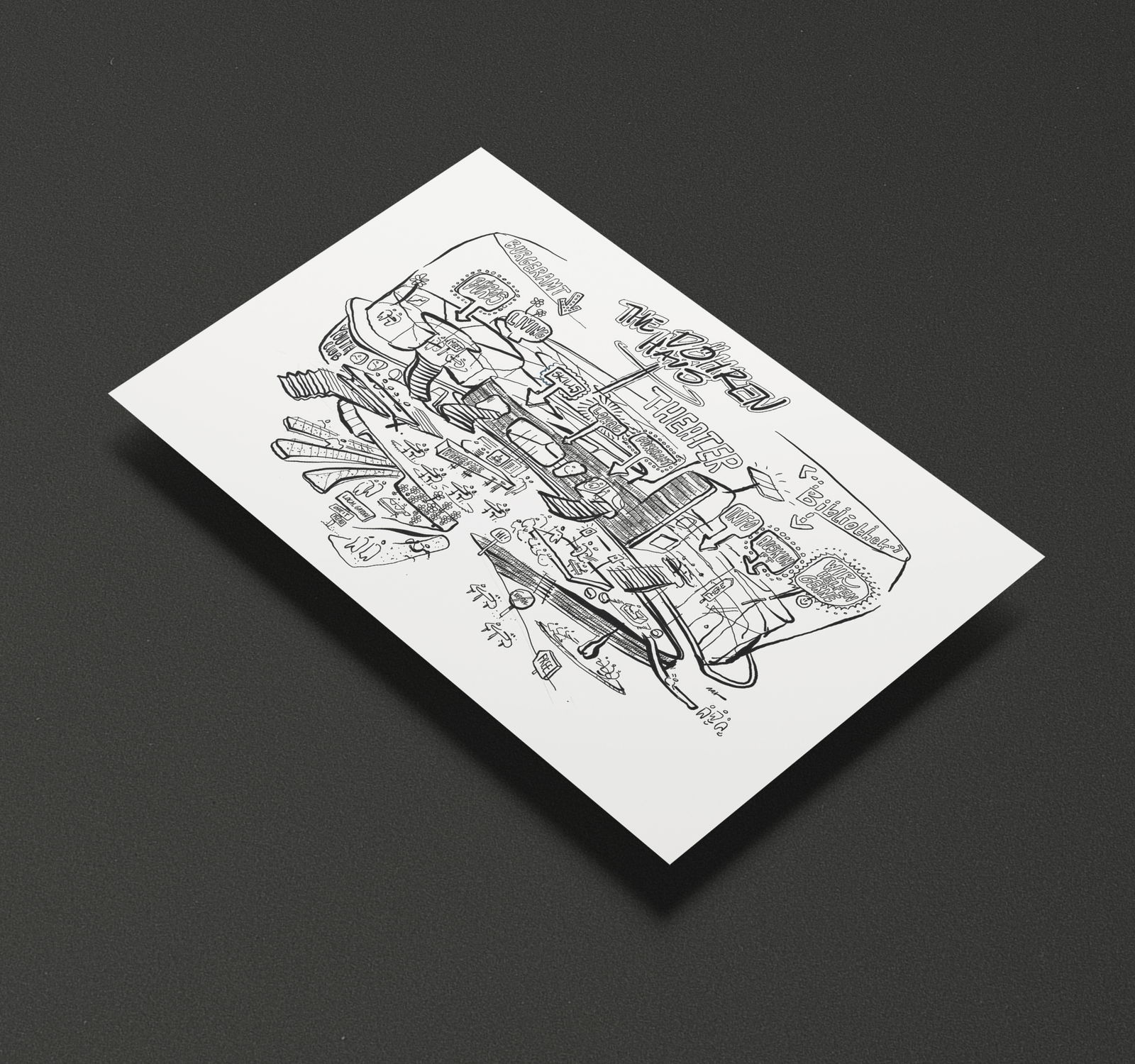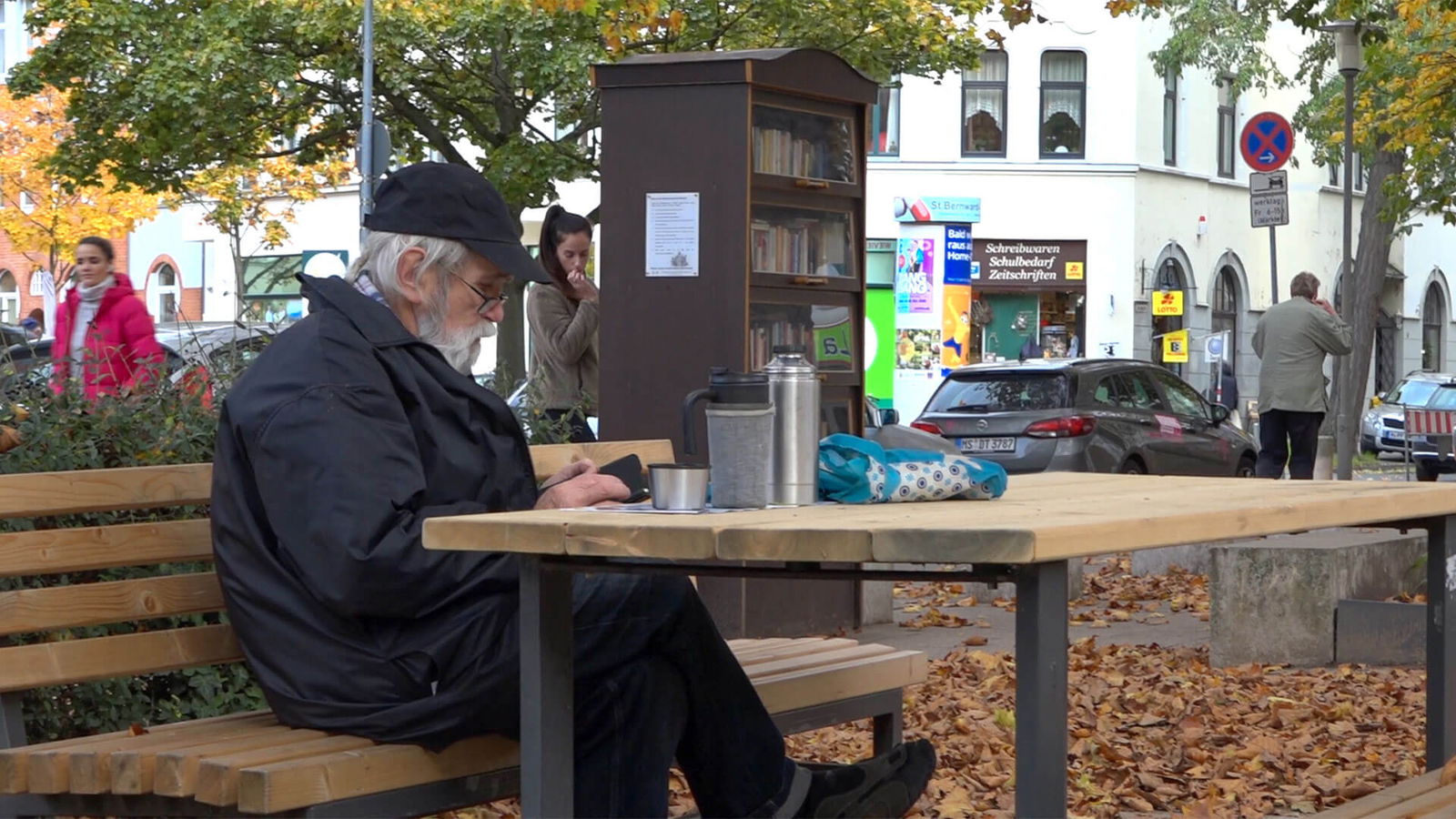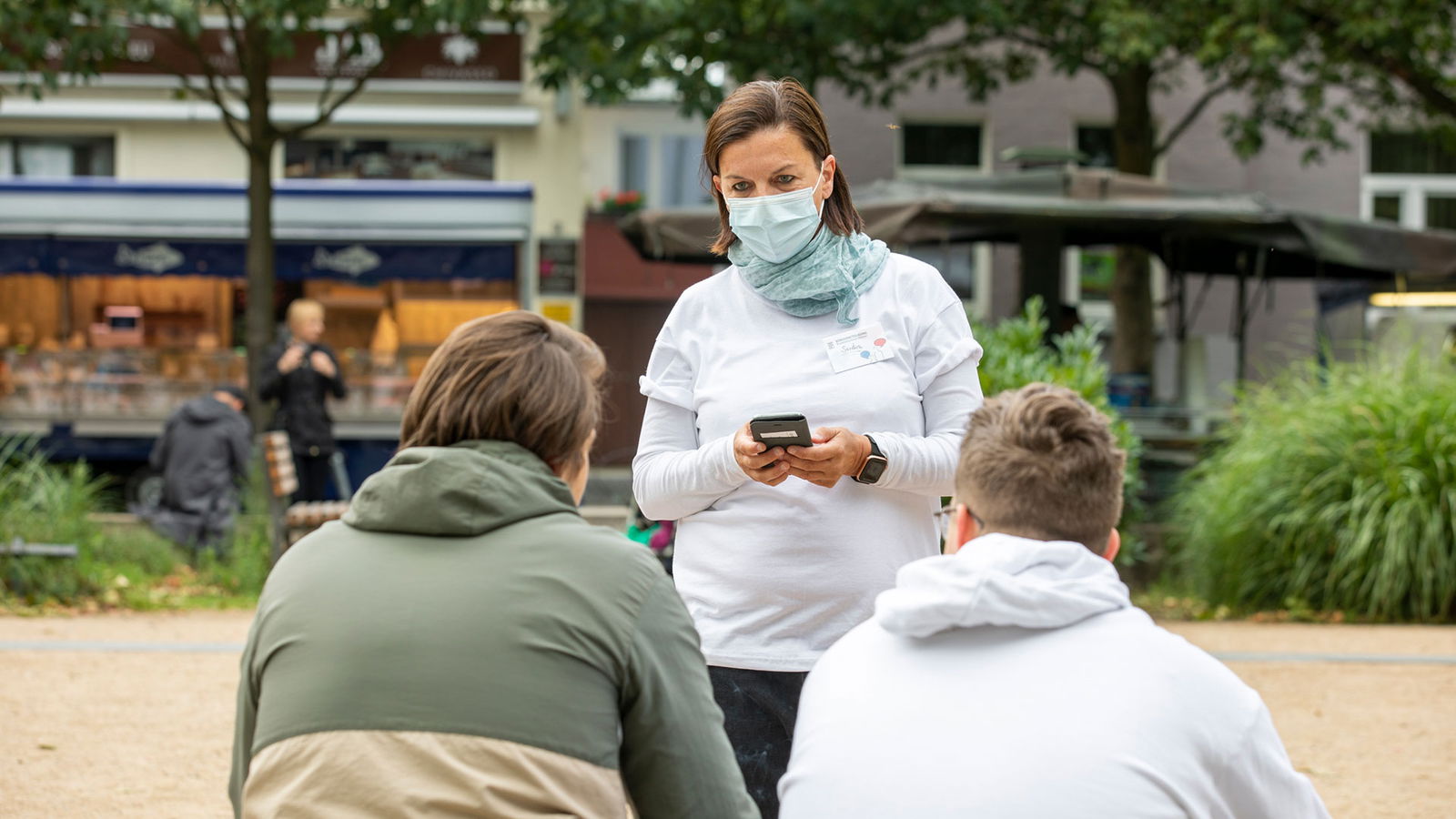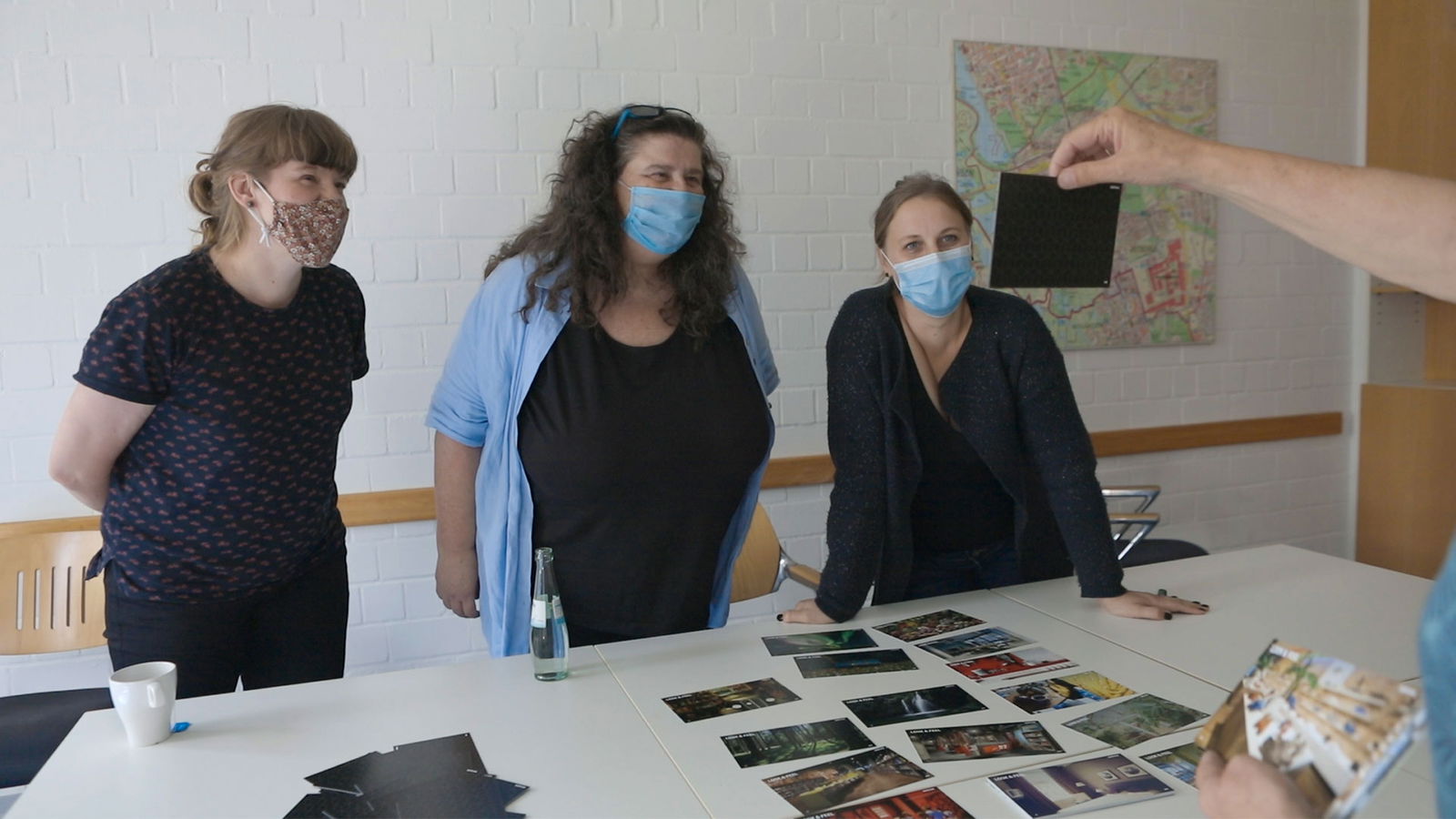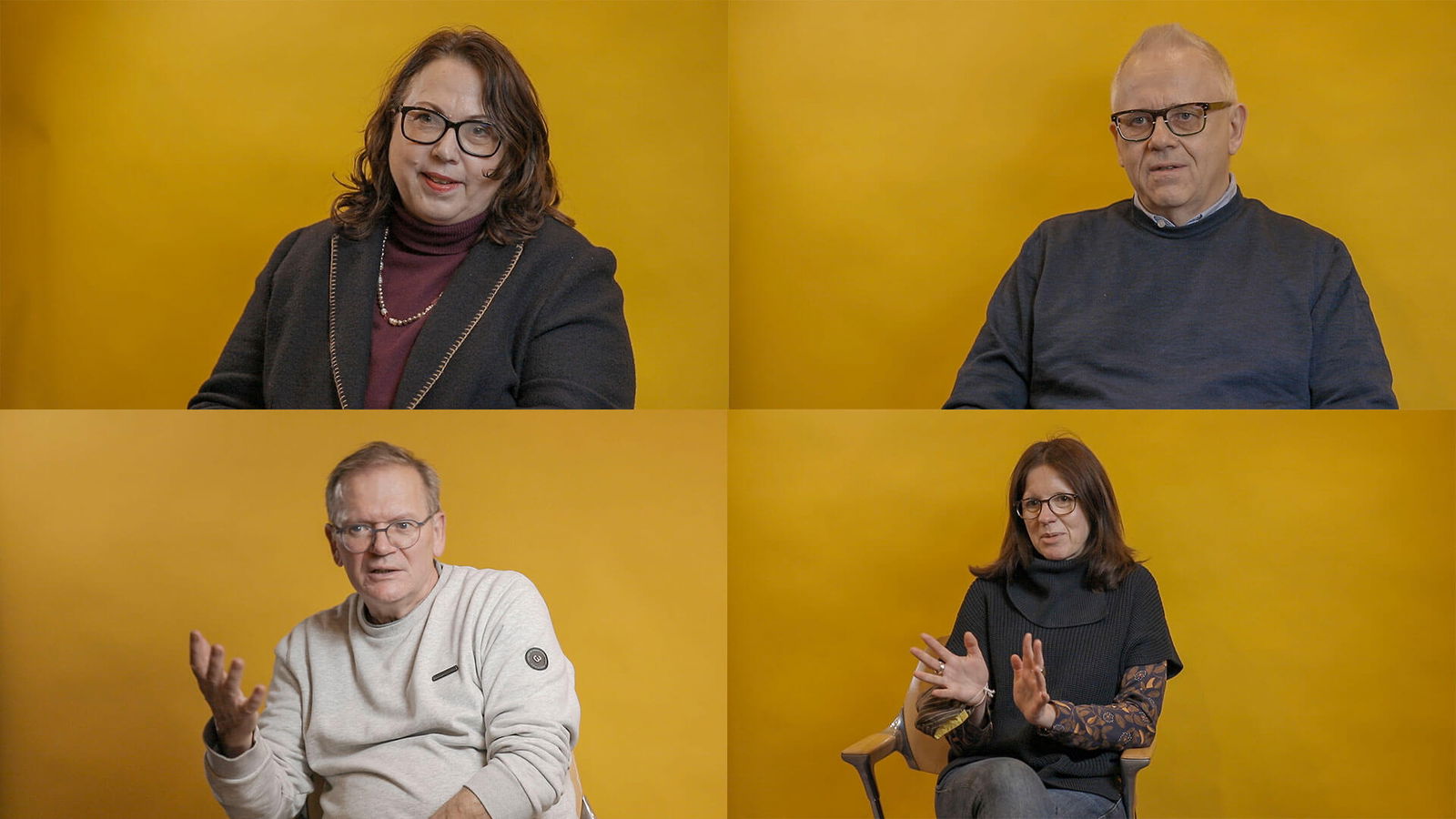First, know. Then move
Döhren, a district in Hannover, faces the task of renovating its Freizeitheim (community center). This center forms the social backbone of Döhren and its surroundings along with three other vital municipal institutions – Jugendzentrum, Bürgeramt and Stadtteilbibliothek – all dating back to the 1970s. For economic reasons, the city council proposed to investigate whether it would be sensible and desirable for the community to bring the four institutions under one roof, as a new Stadteilzentrum. The city of Hannover commissioned includi to conduct a data analysis on the target groups as well as various workshops. The goal: examine the district’s social infrastructure and gain insights into the needs and wishes of the citizens. After all, this new inclusive place would have an impact on the entire district and beyond.
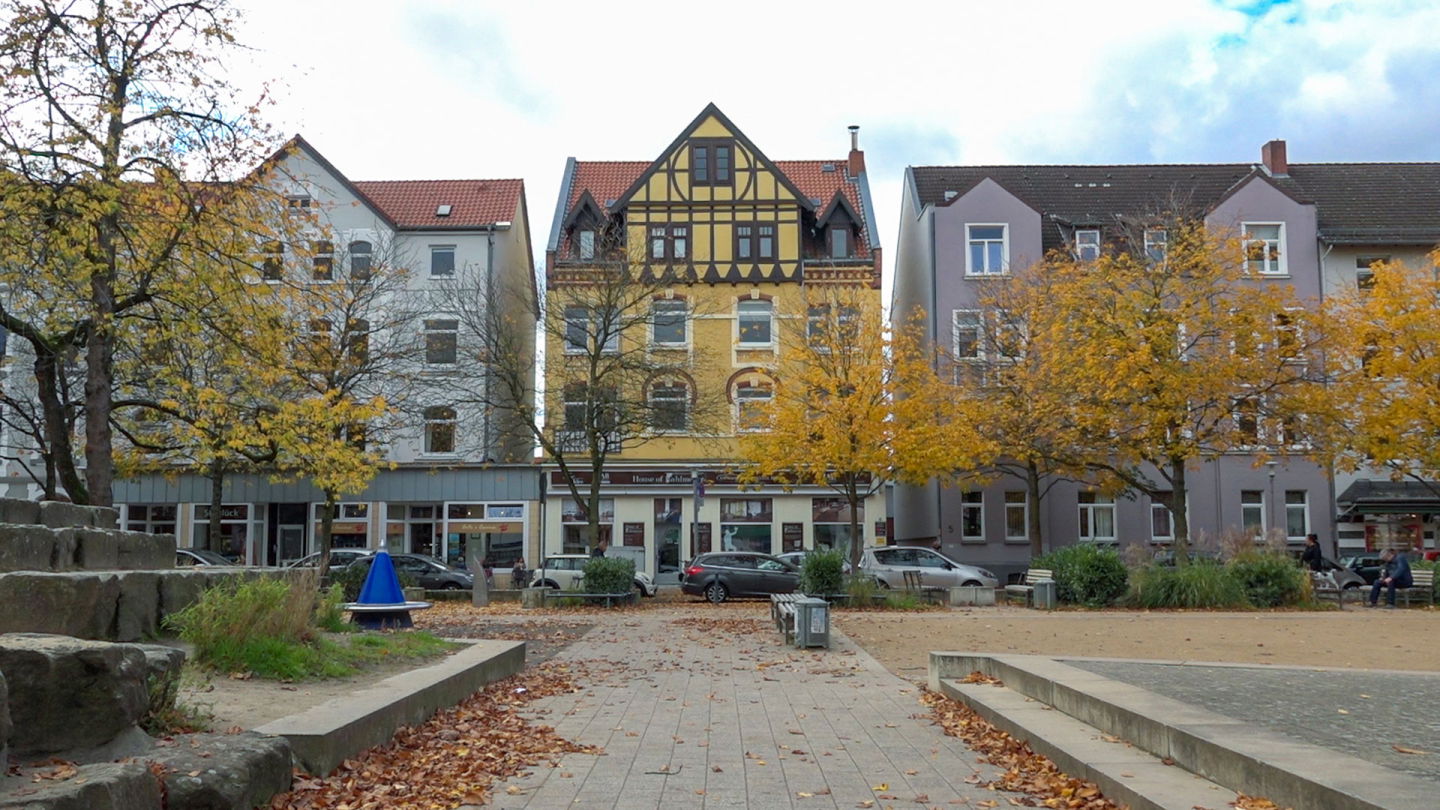
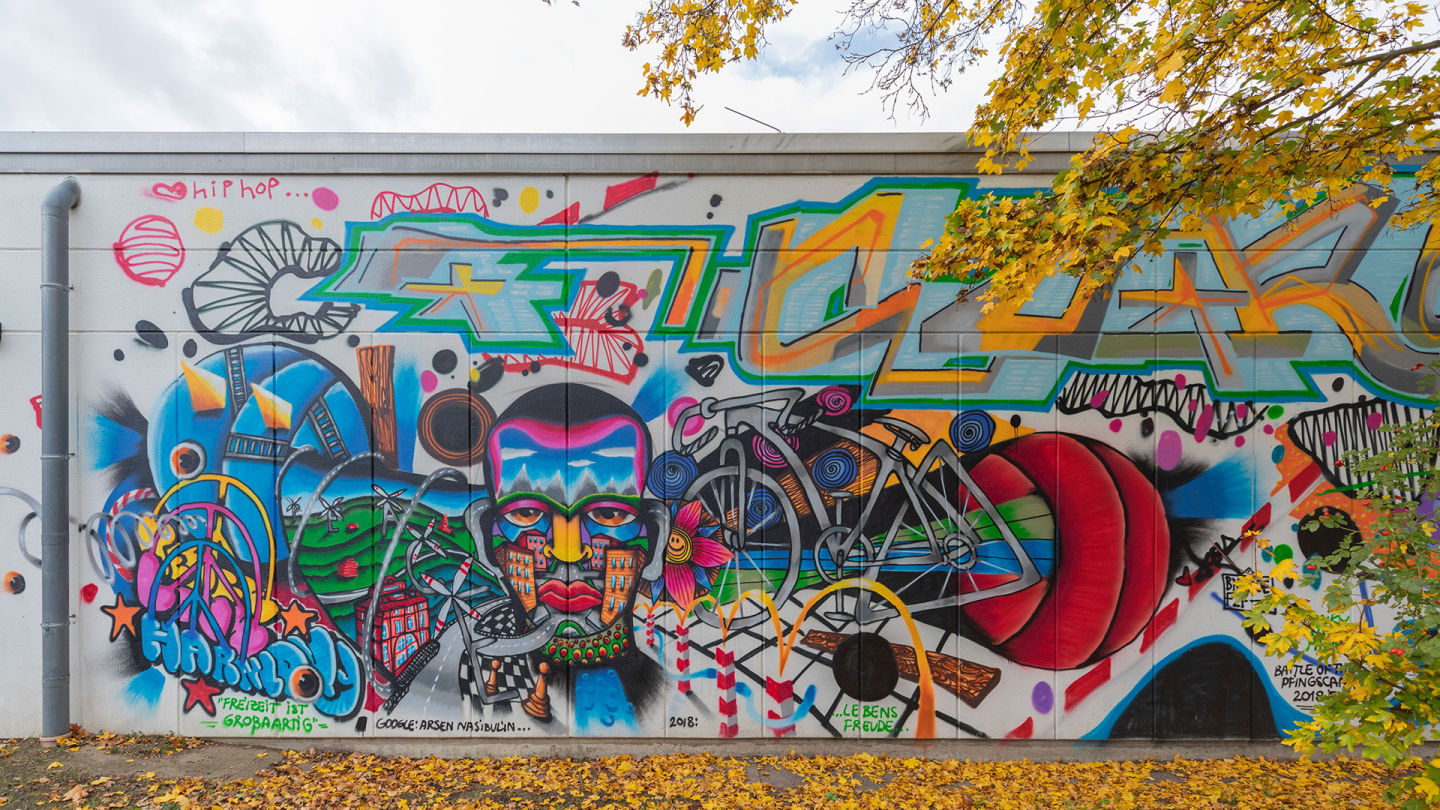
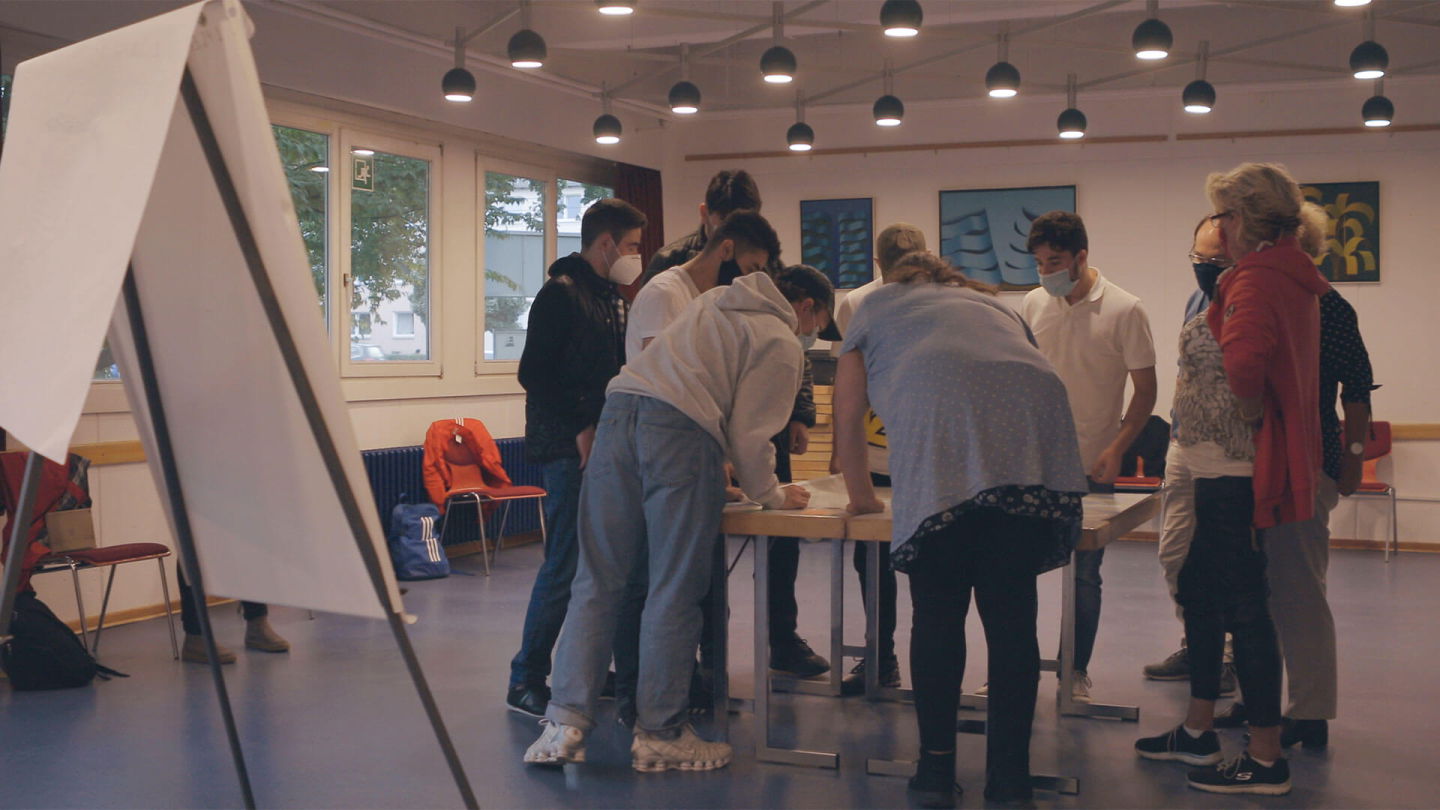
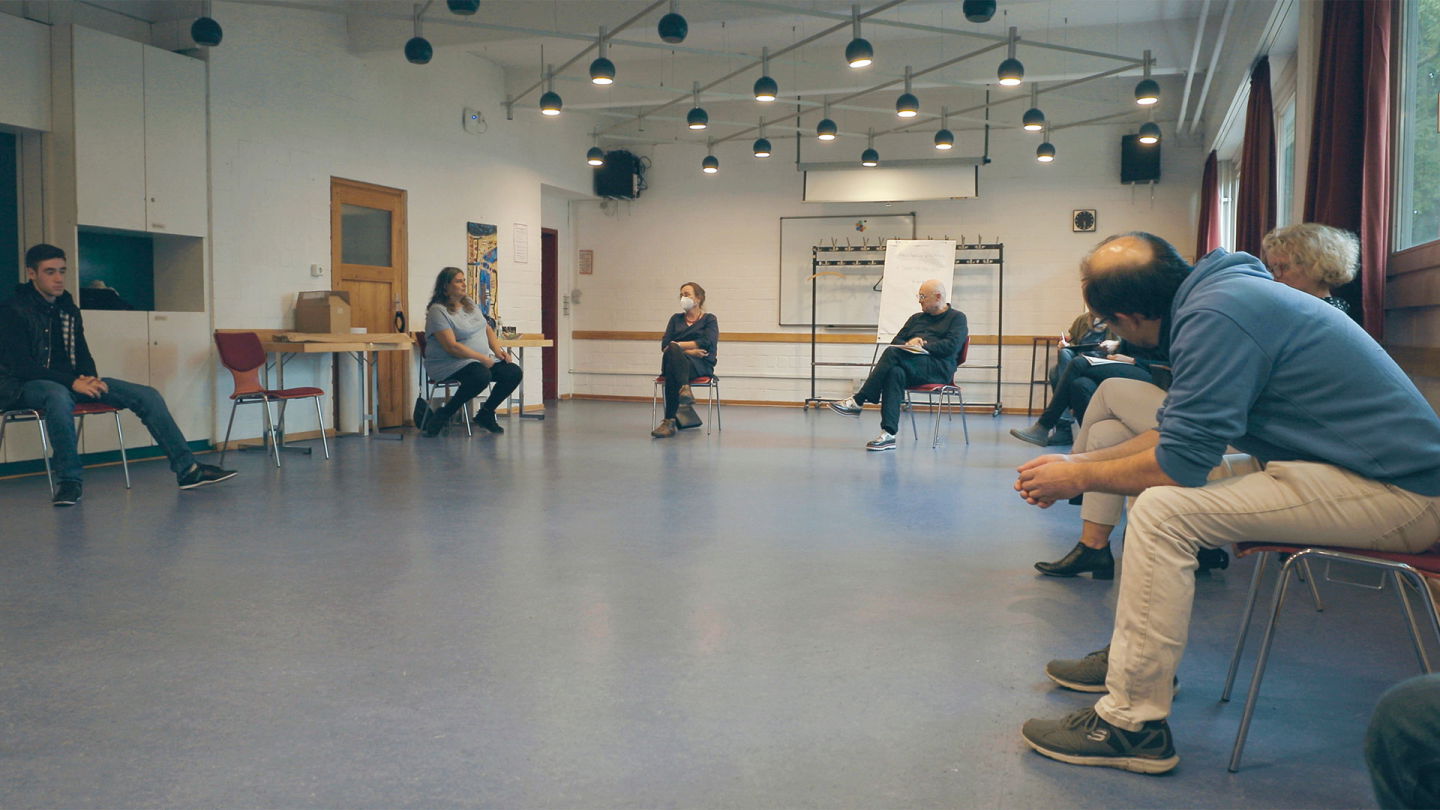
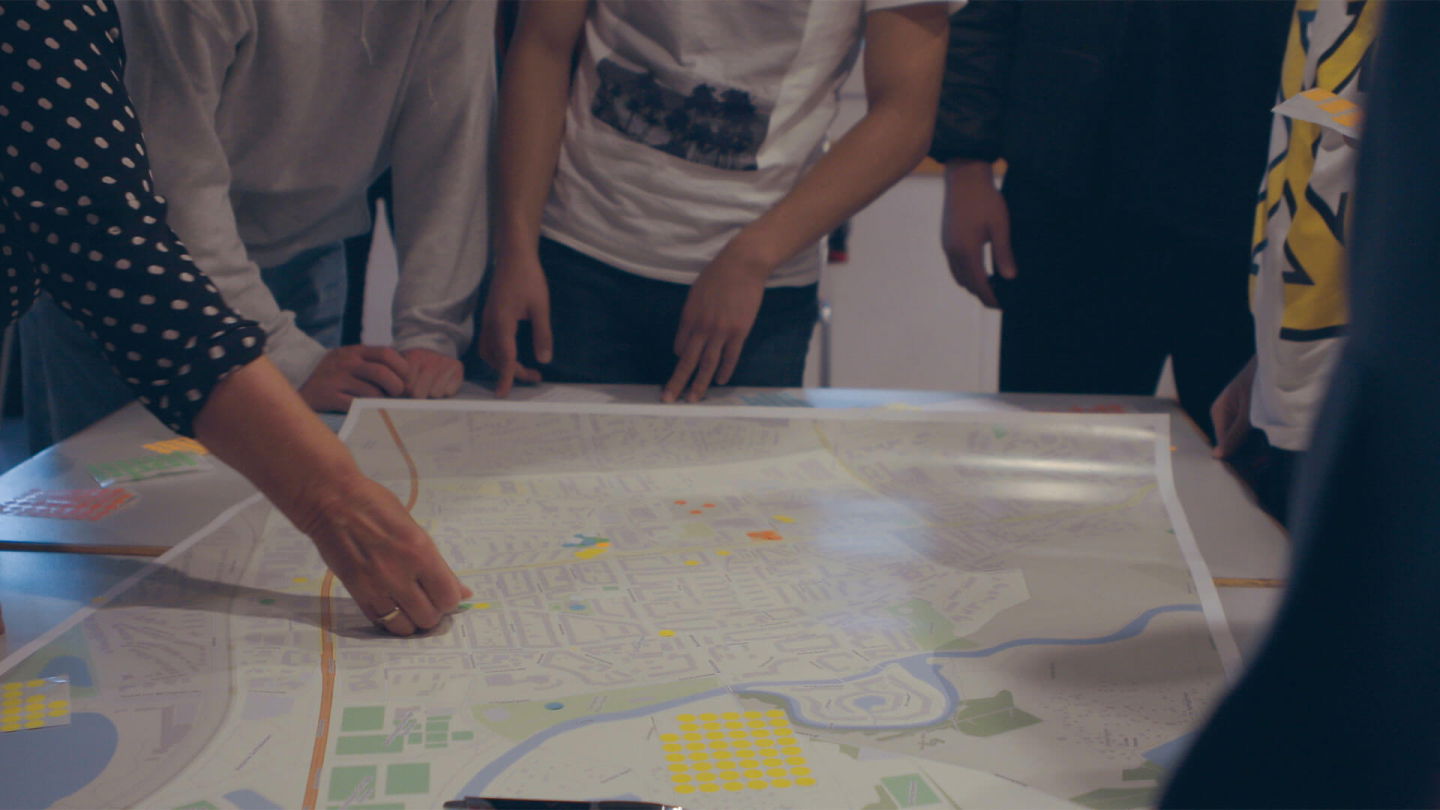
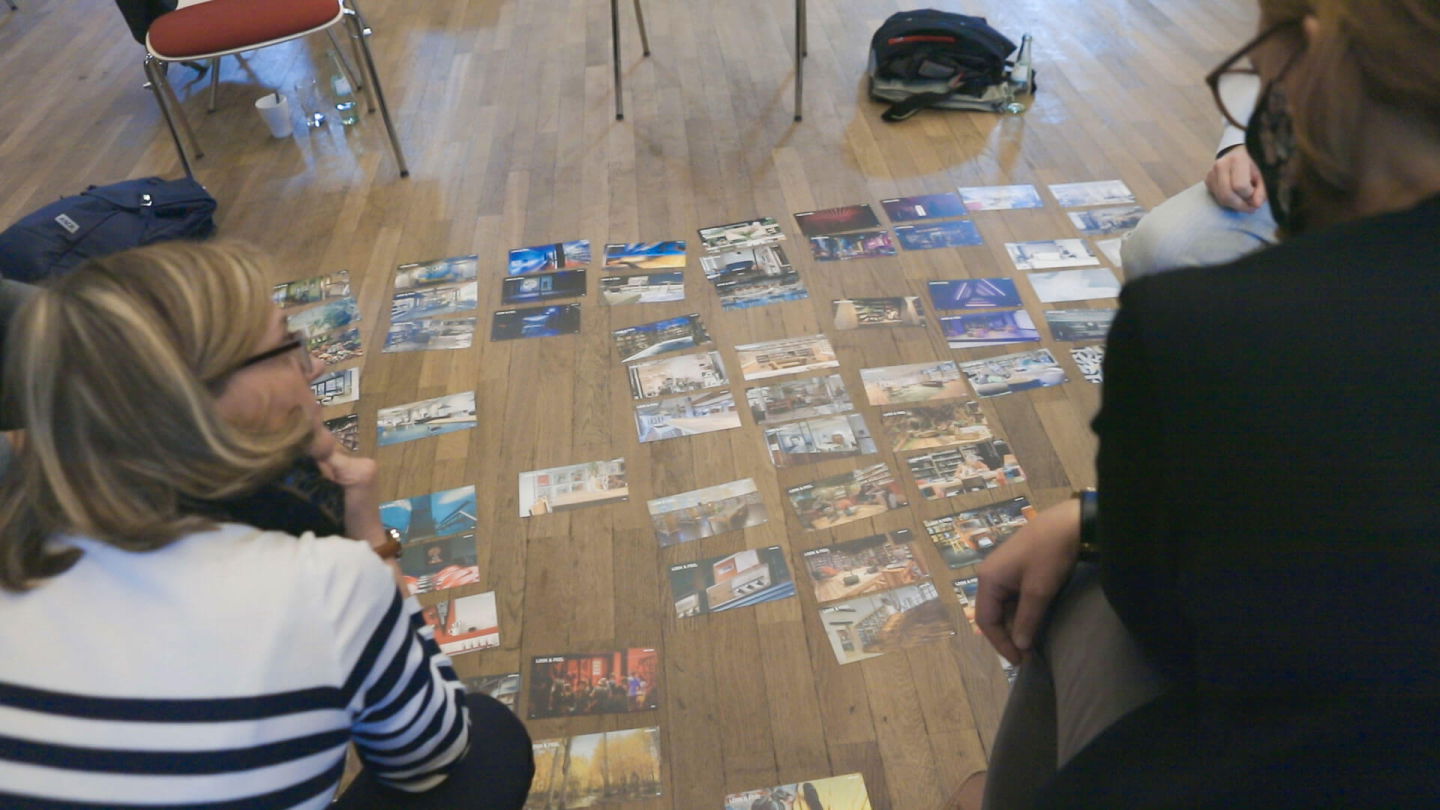
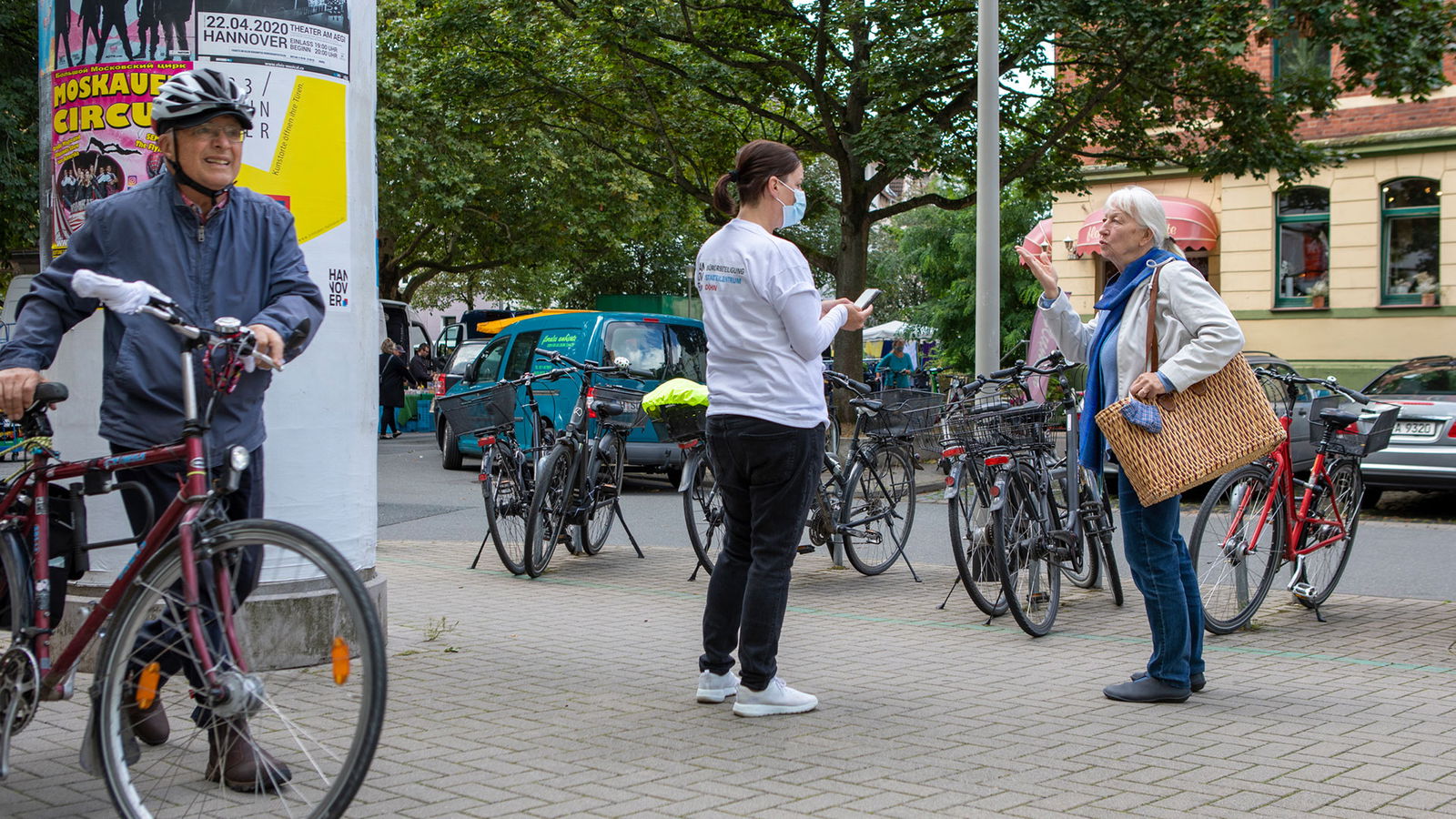
Collecting Data
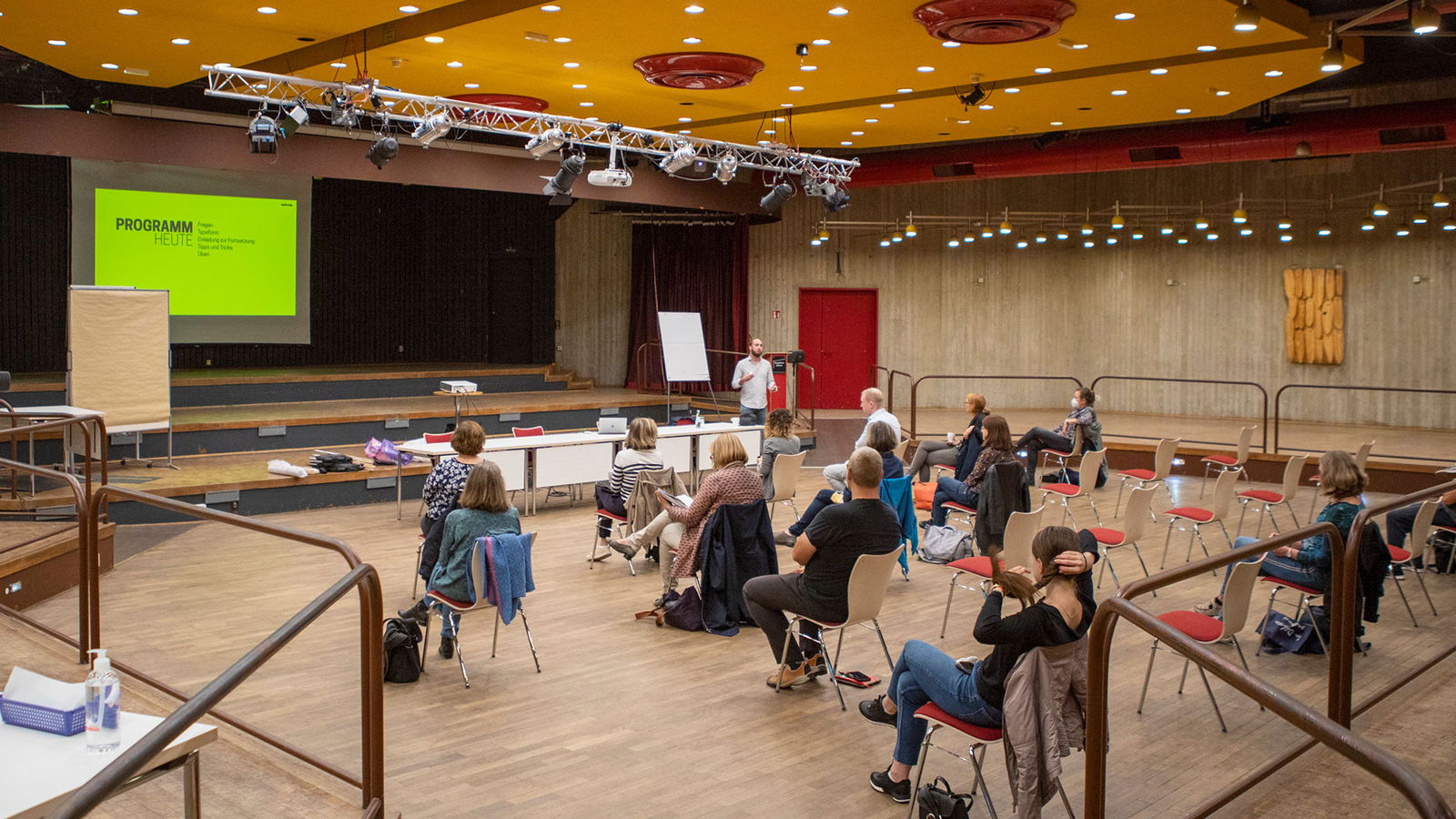
Inclusive Engagement
1,2,3 research stages
We chose a holistic approach, using quantitative and qualitative data collection methods in a three-stage research process. Like a funnel, our approach led us from more general to increasingly specific factors, from observations of the local situation to a concise definition of the new Stadtteilzentrum’s purpose and promise. During the first research phase, we conducted an in-depth data scan on the social, geographic and economic structures of the Döhren district. During the second phase, we zoomed in on the users with street interviews, interactive workshops and includi Card Game sessions, among others.
Based on the first results, we created a framework to dive deeper into the matter in the next steps and conducted several comprehensive live sessions – a program of open questions and discussions – to gain new insights and validate previous findings. The findings from the first two phases formed the basis for the final step: a three-day workshop with our team and Hannover city employees to discuss the question of the WHY, the basis for the sustainable success of all our actions.
Basic needs on top
Our study presents an important starting point for further analyses and project planning. The evaluation of our collected data revealed important socio-cultural findings. These are very well suited for arguing the need for such projects. All in all, the results of the study include profound insights into the essential needs of citizens and users regarding the future Stadtteilzentrum along with functional, social, technical, spatial and programmatic aspects. The advantage of our study results for the city of Hannover are obvious: Even a Stadtteilzentrum that is available to – and used by as many people as possible – does not necessarily have to be an “all-rounder”. It is much more important to take into account the basic wishes and needs of the people. In the end, this is exactly what the citizens who contribute to participative processes expect.
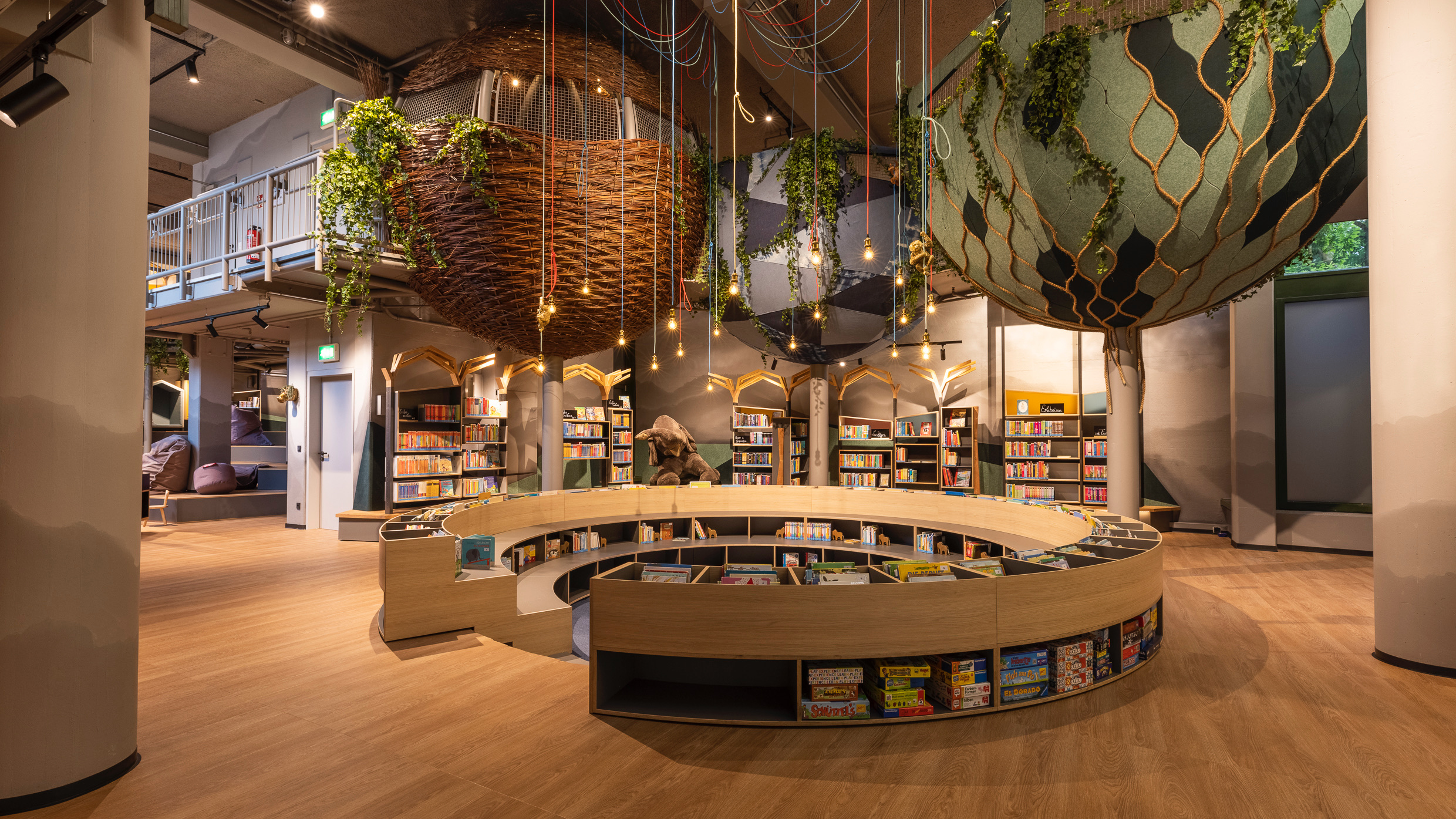
Discover our inclusive places
